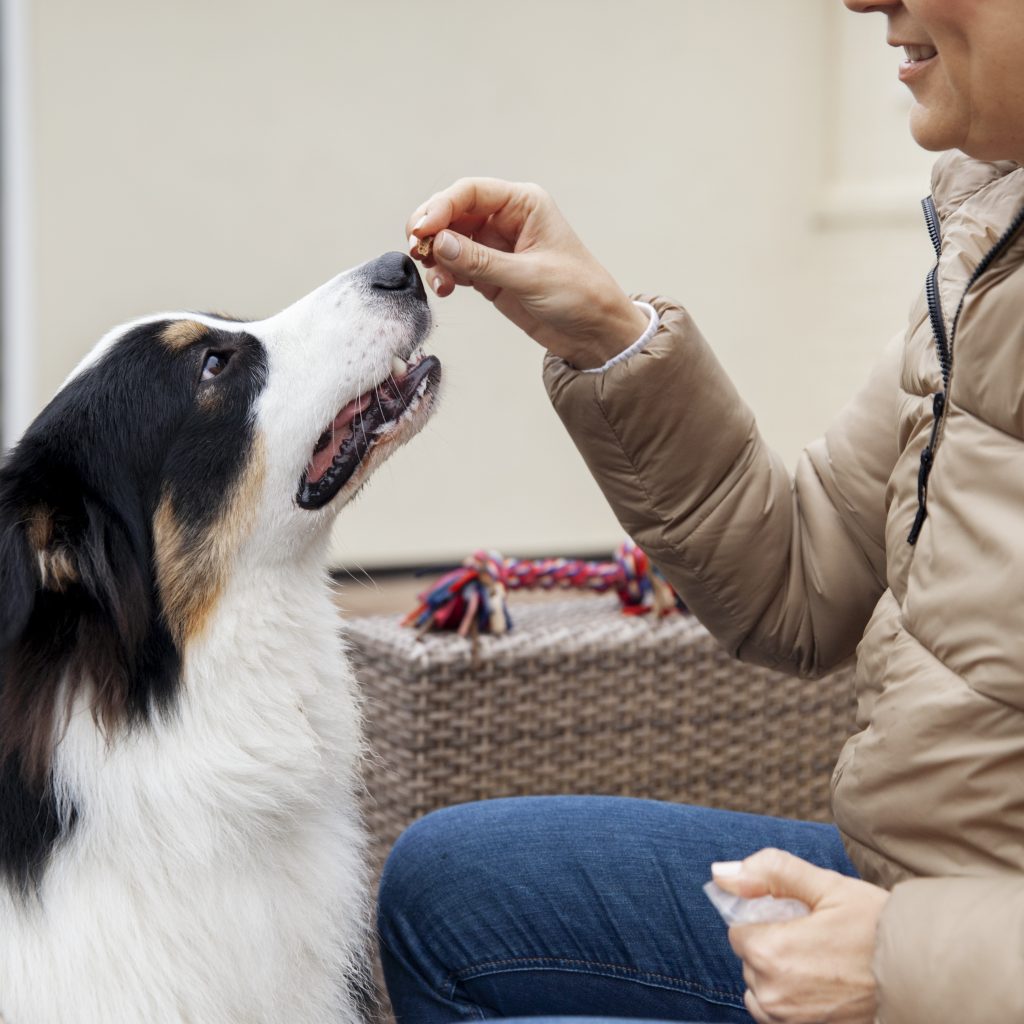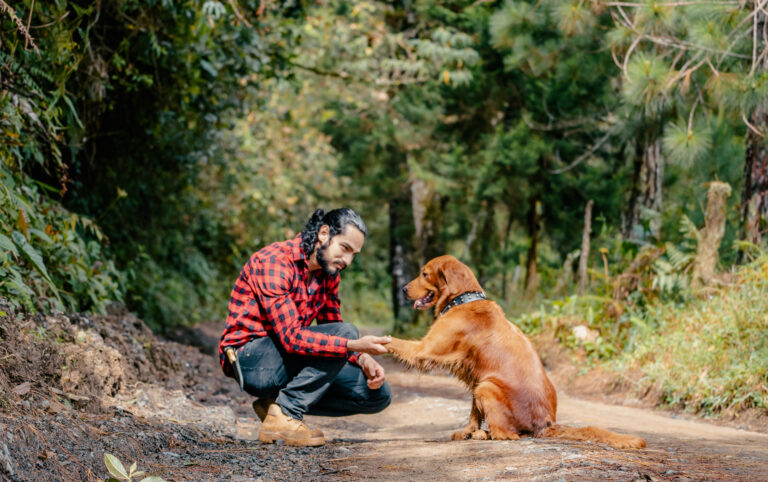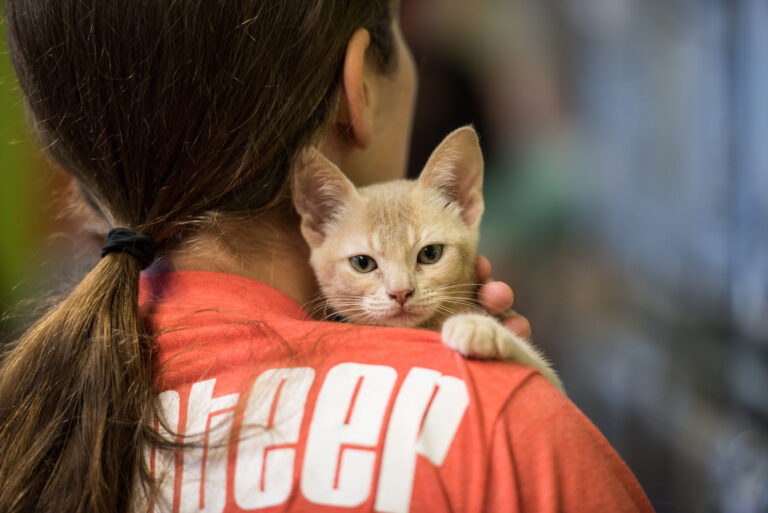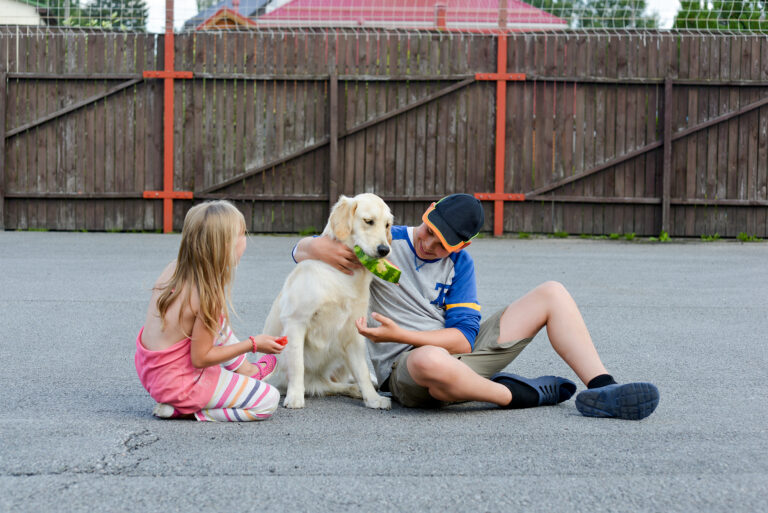As winter draws near and temperatures plummet, ensuring our homes and vehicles are winter-ready becomes paramount. A common winter prep ritual involves using antifreeze in our cars to prevent freezing. However, what many pet owners might not know is that antifreeze, while essential for vehicles, can pose a lethal threat to our furry companions. This article dives into the hidden dangers of antifreeze and offers tips on how to keep your pet warm at home without compromising their safety.
Table of Contents
Understanding the Threat of Antifreeze
Antifreeze, mainly ethylene glycol-based, has a sweet taste that can be alluring to pets, especially dogs. Ingesting even a tiny amount can lead to rapid kidney failure and can be fatal if not treated immediately. The symptoms can include drooling, vomiting, seizures, and increased thirst and urination.
Store Antifreeze Safely
Ensure that antifreeze containers are tightly sealed and stored in areas inaccessible to your pets. This might mean placing them on high shelves or in locked cabinets.
Promptly Clean Spills
If you happen to spill some antifreeze, clean it up immediately. Even a small puddle can be enticing and deadly to pets. Wear gloves and use absorbent materials to ensure no residue remains.
Opt for Pet-Safe Antifreeze
There are antifreeze products on the market that use propylene glycol instead of ethylene glycol. While they aren’t entirely non-toxic, they are considerably less toxic than traditional antifreeze.
How to Keep Your Pet Warm at Home Safely?
As we consider the broader picture of winter safety, the next question is, how to keep your pet warm at home without resorting to potentially harmful methods?
Invest in a Cozy Bed
Heated pet beds or self-warming beds that reflect your pet’s body heat can offer them a warm spot to curl up in during cold winter nights.
Keep them Indoors
On extremely cold days, it’s best to limit the time your pets spend outside and ensure they have a warm space inside. This is especially crucial for smaller breeds, older pets, or those with thin coats.
Use Space Heaters with Caution
If you’re using space heaters to warm your home, ensure they are placed where pets can’t knock them over or burn themselves. Opt for heaters with safety features like tip-over switches and automatic shut-offs.
Warm Sweaters or Jackets
Dress your pets in snug sweaters or jackets, especially if they have short hair. Ensure the clothing is dry, as wet clothing can make them colder.
Conclusion

Winter can be a magical season, filled with snowy landscapes and cozy nights by the fire. However, it’s essential to be aware of potential dangers like antifreeze. By taking precautionary measures with antifreeze and knowing how to keep your pet warm at home, you can ensure that your beloved pets remain safe and comfortable all winter long.







